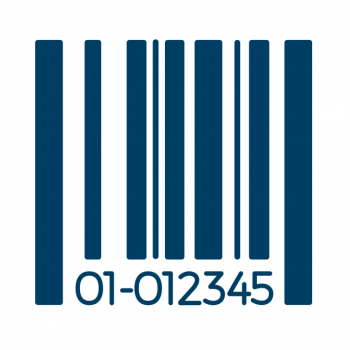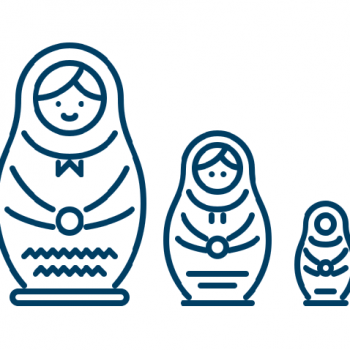An erf (plural erven) is a term used in CRE to describe a piece of land owned by someone (i.e. registered in a deeds registry / office).
Alternate terms
The words used for an erf outside of South Africa are generally plot, lot, parcel, or stand.
In Germany, Austria and Switzerland it’s called a katasterparzelle (a cadastral parcel, recorded in the land registry). In France, Spain and Portgula it’s called cadastre number.
In South Asia it’s called a survey or khata number., while in the Middle East (UAE specifically), it’s a makani number.
In Spanish and Portuguese-speaking countries in Africa or South America, it’s called lote or parcela, respectively.
Usage
This legal term is used, uniquely, in South Africa, Namibia and Swaziland.
Dimensions
Erf sizes are measured in horizonta larea – in square meters. Erf sizes can also be measured in hectares or acres.
Erf sizes are not measured in running meters (from point A to point B), or cubic meters (volume).
Hierarchical info
In South Africa, the parent of an erf is a township. For a farm, the equivalent of an erf is a farm portion. For an agricultural holding, the equivalent is a holding.
Regarding hierarchical data relationships, one erf can have many “children”. For example, erf 1 can be “parent” to erf 1 portion 1, erf 1 portion 2, erf 1 portion 8, erf 1 portion 10, erf 1 remainder. In turn, a township “parent” can be made up of many erf “children”.
More terms
The term is Dutch in origin.
Section 102 of the South African Deeds Registries Act, 1937 [1] provides the following definition:
“erf” means every piece of land registered as an erf, lot, plot or stand in a deeds registry, and includes every defined portion, not intended to be a public place, of a piece of land laid out as a township, whether or not it has been formally recognized, approved or proclaimed as such.









